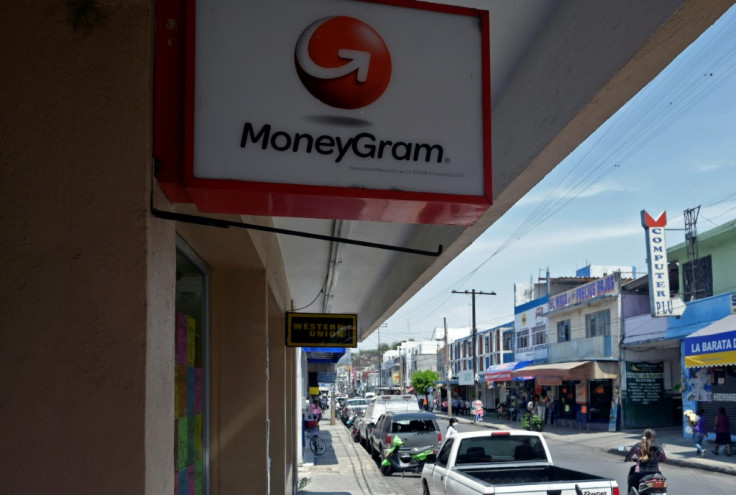
For the past 10 years, Manuel Guerrero has faithfully sent $400 monthly to his parents in the Mexican state of Guanajuato, using what he considers the most practical and convenient mechanisms.
"I've tried everything, from sending cash with relatives or friends initially to using wire transfer services, depositing money into savings accounts, and even crypto. Whatever helps my folks get a few more pesos," the logistics worker in Metro Atlanta told The Latin Times.
Guerrero has become a specialist in consulting FX calculators to anticipate the amount his parents will receive in San Luis de la Paz, a small town 80 miles (120 kilometers) northeast of Guanajuato.
Over recent years, the outcome has fluctuated. According to Guerrero, what his parents could afford with the money he sends them is no longer sufficient due to two main factors: inflation and the exchange rate between the Mexican peso and the U.S. dollar.
About five years ago, $400 was enough to pay for their food, help with some grandchildren's petty cash and even save about $20, $50," says Guerrero. But nowadays, food is more expensive and they get a smaller amount at one of the Western Union or MoneyGram operators in the city.
In Mexico, the cost of the food basket has shown one of the steepest increases among OECD member countries. According to the organization's latest report, the country experienced a record annual food inflation rate of 7.3%, compared to the average of 6.0% in other member nations.
As for the exchange rate, it stood at 19.40 pesos per dollar during the first week of 2019. However, as of April 2, the exchange rate is 16.58 pesos per dollar. In other words, the Mexican peso has appreciated by more than 14.5%.
"Now my folks receive less money than five years ago and things cost them more," says Guerrero, summarizing the sentiments of millions of Mexicans who send remittances to the country, which constitute a backbone of its economy.
Guerrero recalls that a year ago, he suspected that remittance firms, whether the sender (such as MoneyGram or Western Union) or the deliverer (which can be small businesses operating as partners or licensed banks), "were fleecing my parents."
However, upon rechecking the calculators on financial news sites, he realized that the peso had strengthened, and there was no deception; just a macroeconomic surprise affecting the pockets of millions of people.
This week, the Bank of Mexico reported that remittances continue to break records. In February, Mexicans abroad sent $4.51 billion, marking a 3.8% increase compared to the same month in 2023. So far in 2024, remittances have reached $9.08 billion, a historic figure.
Remittances amounted to $63.31 billion overall in 2023, a 7.6% increase over the previous year and consolidating Mexico as the second-largest global recipient of remittances after India.
Many Mexican municipalities, like San Luis de la Paz, depend on remittances as one of their primary sources of income, following federal contributions and local taxes. San Luis de la Paz, the main city in this municipality of Guanajuato, ranks 15th in population (51 thousand inhabitants), yet it is the fifth highest recipient of remittances in the state, averaging more than $42 million over the last three years, according to Banxico.
While the country's finances and municipalities benefit from this, and President Andrés Manuel López Obrador himself praises migrants as 'heroes of the homeland,' at the family level, a dollar no longer holds the same value as before.
AMLO, as Mexico's president is called, has made it clear that remittances "help with consumption to avoid an economic crisis."
But remittance senders feel different.
"If the peso continues to strengthen, I will have to send more than $400, which will affect me, and I don't believe it will be as helpful for my parents back home," Guerrero concludes.
© 2025 Latin Times. All rights reserved. Do not reproduce without permission.






